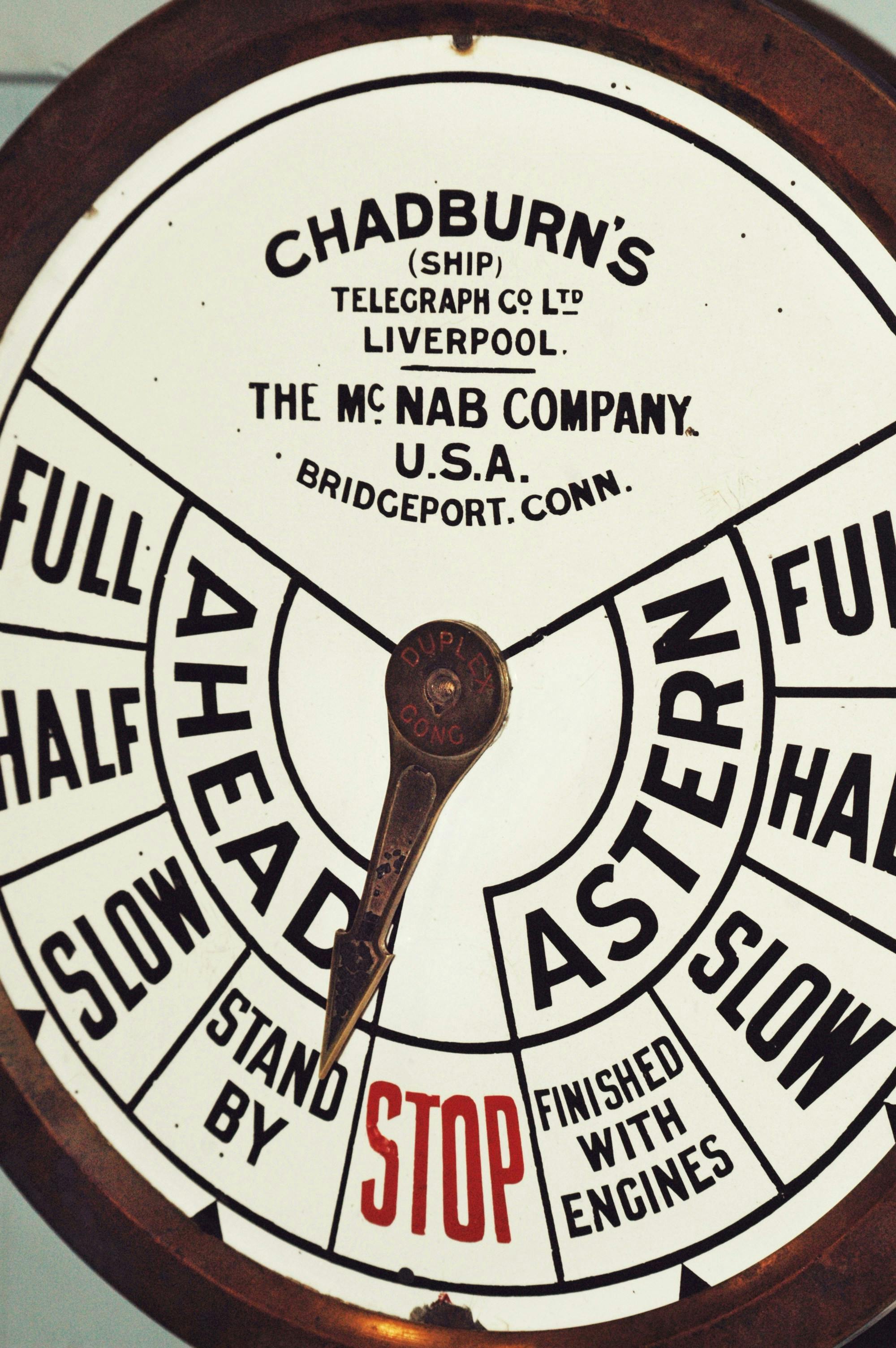
Fuel is a major operational cost for any boat owner. Whether you're planning short excursions or extended voyages, the cost of fuel can significantly affect your boating budget. This article provides insights into boat fuel costs, helping you manage and estimate your expenses more effectively.
What Influences Boat Fuel Consumption?
Type of Boat
The size and type of your boat play a significant role in how much fuel you will use. Larger boats with bigger engines naturally consume more fuel. Similarly, fast-moving powerboats will use more fuel than slower-moving sailboats which often rely on wind power.
Engine Type and Age
Older engines tend to be less efficient than newer models. Similarly, two-stroke engines consume more fuel than four-stroke engines due to differences in how they burn fuel. Check out our detailed guide on Exploring Different Types of Boat Motors.
Boating Activities
High-speed boating, watersports, and frequent acceleration all increase fuel consumption. More leisurely activities like trolling for fish or steady cruising use less fuel.
Estimating Your Fuel Costs
Calculate Your Boat's Fuel Efficiency
Start by determining your boat’s fuel efficiency, usually measured in gallons per hour (GPH). This figure varies significantly depending on your boat’s make and model. You can often find this information in your owner’s manual or from the manufacturer’s website.
Monitor Your Usage
Keep a log of how much fuel you use on different trips to understand your boat’s actual consumption better. This tracking helps you predict future fuel needs more accurately.
Fuel Prices
Regularly check local fuel prices as they can fluctuate based on season, demand, and geopolitical events. Remember, marina fuel tends to be more expensive than what you might pay at a regular gas station.
Tips for Reducing Fuel Costs
Maintain Your Engine
Regular maintenance, such as changing the oil, replacing filters, and ensuring your propeller is damage-free, can improve fuel efficiency.
Optimize Your Load
Carrying extra weight can significantly increase fuel consumption. Only bring what you need and keep your boat as light as possible.
Plan Your Route
Planning the most efficient route can reduce travel time and fuel consumption. Use navigational tools to help find the shortest or fastest path to your destination. See our comprehensive guide Living on a Boat: What It Really Costs to Call the Water Home.
Sail When Possible
For sailboat owners, take advantage of wind power as much as possible to conserve fuel.
Budgeting for Fuel
When planning your boating budget, consider setting aside a portion of your funds specifically for fuel. This approach ensures that you're always prepared for fluctuating fuel prices and helps prevent unexpected expenses from impacting your enjoyment on the water.
Conclusion
Understanding and managing your boat’s fuel consumption is crucial for any boat owner. By being aware of the factors that affect fuel use and taking steps to optimize efficiency, you can enjoy your time on the water without letting fuel costs drain your wallet. Prepare adequately, and your sea adventures will always be within a predictable budget, leaving you free to relax and enjoy the waves.